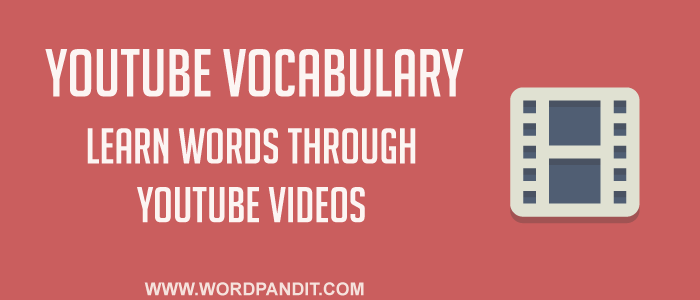Detailed Article for the Word “Predicament”
What is Predicament: Introduction
Imagine standing on the edge of a cliff with nowhere to turn back, faced with only difficult choices ahead. This intense scenario captures the essence of a “predicament”—a situation where all options seem fraught with challenges or downsides. Like a maze that only leads to dead ends, a predicament tests our resilience, ingenuity, and courage. In today’s fast-paced world, we encounter predicaments in personal, professional, and social contexts, making this word as relevant as ever for describing the tough choices life often presents.
Origin and History of the Word Predicament
The word “predicament” comes from the Latin “praedicamentum,” meaning “that which is stated or declared,” derived from “praedicare” (to declare or make known). Initially, “predicament” had a more neutral meaning related to categorization, often used in philosophical discourse to describe specific types or classes of things. Over time, the term evolved in English to refer to situations or categories of difficult or perplexing circumstances, with its modern meaning solidifying around the 16th century as it began to describe undesirable situations where all choices seem problematic.
Meaning and Definition of Predicament
Predicament (noun):
- A difficult, unpleasant, or embarrassing situation
- A circumstance in which all available options or outcomes present challenges or problems
- Any situation where a person is “stuck” without an easy or clear solution
How to Pronounce Predicament
pri-DIK-uh-ment
How to Remember Predicament: Memory Tips
To remember “predicament,” think of “predict” and “cement”—being “stuck” in a situation as if “cemented” there, with limited ways to “predict” a good outcome. Another memory aid is visualizing a “predictable argument” (a predicament you knew would turn complicated) where there’s no easy resolution. Imagine someone wedged in wet cement: like a predicament, getting out is difficult and takes ingenuity.
Predicament in a Sentence: Examples and Usage
- Literary: The protagonist found himself in a dangerous predicament, torn between loyalty to his family and his principles.
- Daily Life: She was in a predicament when she realized her phone was dead in a strange city.
- Professional: The company’s financial predicament forced it to make tough decisions about layoffs and restructuring.
- Social: He faced a predicament at the dinner party, not knowing whether to reveal a friend’s secret or stay silent.
- Academic: The ethical predicament posed by the experiment led researchers to halt their work.
- Environmental: The endangered species’ predicament highlighted the urgent need for conservation efforts.
- Political: The leader’s predicament between public opinion and policy constraints was widely debated.
Difficulty Level of Using Predicament
Intermediate:
- Often used in contexts requiring emotional or situational understanding
- Clear meaning but may be challenging for younger or non-native speakers
- Frequently encountered in media, literature, and formal writing
Modern Usage of Predicament in Contemporary Context
In today’s complex world, “predicament” is frequently used to describe situations where people or organizations are stuck between undesirable choices:
- Personal Finances: Many face predicaments around debt management, with no easy way to balance expenses and savings.
- Global Issues: Climate change creates predicaments for countries balancing economic growth with environmental responsibility.
- Business and Ethics: Companies often find themselves in predicaments over ethical practices versus profit-driven decisions.
In Digital and Media Discussions: Predicaments in social media moderation, balancing free speech with harmful content regulation, have become a significant topic. With global interconnectedness, more people than ever experience these types of challenging circumstances, making “predicament” a useful word for describing complex, no-win scenarios.
As global issues grow more interlinked, the term “predicament” increasingly reflects the moral, social, and political impasses facing modern society. The word underscores the importance of creativity, empathy, and courage in finding ways forward when all paths seem tough.








